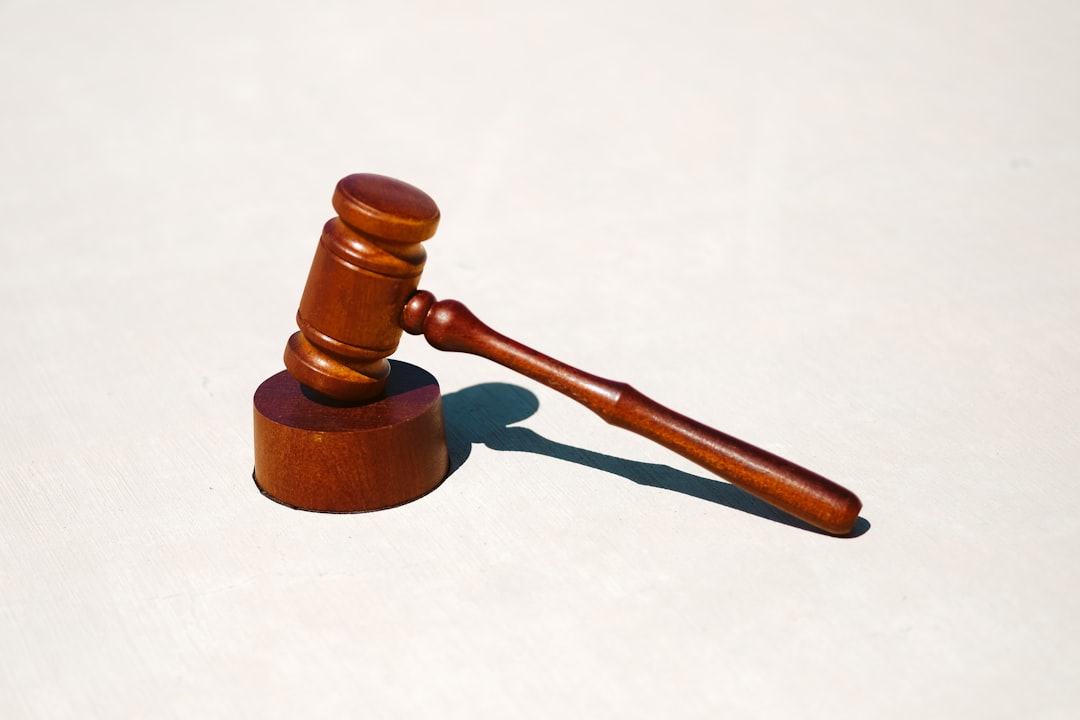Campus safety in Los Angeles universities is a pressing issue driven by sexual assault and violent crime concerns. Legal cases have forced institutions to implement stringent security measures, improve crisis management, and reevaluate prevention strategies, protecting them from legal liabilities. Universities enhance safety with patrols, lighting, emergency systems, personal apps, and consent awareness programs. A multi-faceted approach includes educational programs, technological solutions, and support services facilitated by sexual assault lawyers in Los Angeles CA, empowering students to seek help promptly and fostering a safer academic environment.
In recent years, ensuring campus safety, particularly addressing sexual assault, has become a paramount concern for universities worldwide. Los Angeles, with its diverse higher education institutions, is no exception. This article delves into the critical issue of campus safety measures in LA’s academic community, examining legal perspectives and exploring current strategies. We discuss effective prevention methods and support systems to foster safer campus environments, emphasizing the role of legal advocacy, especially from sexual assault lawyers in Los Angeles, CA.
Understanding the Significance of Campus Safety: A Legal Perspective
Campus safety is a multifaceted issue, and its significance cannot be overstated, especially in the context of higher education institutions like universities in Los Angeles, CA. Ensuring the well-being of students, faculty, and staff is not just a moral obligation but also a legal requirement. The prevalence of sexual assault and other violent crimes on campuses has led to increased scrutiny from both students and the community at large. Legal perspectives play a crucial role in shaping campus safety measures, pushing institutions to implement stringent policies and protocols.
A sexual assault lawyer in Los Angeles CA highlights that educational institutions are held to high standards when it comes to addressing these issues. Legal cases involving campus safety have set precedents, forcing universities to reevaluate their strategies for prevention, response, and support. This includes enhancing security measures, improving crisis management plans, and providing comprehensive training for all personnel. Such developments not only create a safer environment but also protect the institution from potential legal liabilities.
Current Safety Measures in Los Angeles Universities
Los Angeles universities have implemented various safety measures to ensure a secure environment for students and faculty. These initiatives include enhanced security patrols, improved lighting in parking lots and walkways, and the deployment of emergency response systems. Many institutions also offer personal safety apps that allow users to quickly alert authorities in case of distress. Additionally, student awareness programs focus on topics like consent, bystander intervention, and how to recognize and report suspicious activities, including sexual assault.
The presence of legal resources, such as on-campus sexual assault lawyers in Los Angeles CA, plays a crucial role in supporting survivors and holding perpetrators accountable. These professionals provide guidance on reporting options, campus disciplinary processes, and potential legal avenues. Together with robust safety protocols, these measures aim to create a safer academic environment, addressing various security concerns that are pertinent to university life in a large urban setting.
Enhancing Prevention and Support: Strategies for a Safer Campus Community
Creating a safer campus community requires a multi-faceted approach that focuses on prevention and support. Many universities in Los Angeles, California, are implementing innovative strategies to address issues like sexual assault, which has become a pressing concern for students and their families. One key strategy is enhancing awareness through comprehensive education programs that teach students about consent, healthy relationships, and how to recognize and respond to potentially dangerous situations. These initiatives often involve collaborations between academic institutions, student organizations, and local community groups.
Additionally, universities are investing in technological solutions to improve campus safety. This includes implementing surveillance systems, emergency notification apps, and access control measures that ensure only authorized personnel can enter certain areas. Such advancements not only deter potential threats but also enable swift response from security teams. Moreover, having on-campus resources like sexual assault lawyer services accessible to students ensures that support is readily available should any incident occur, fostering an environment where students feel empowered to seek help without hesitation.





